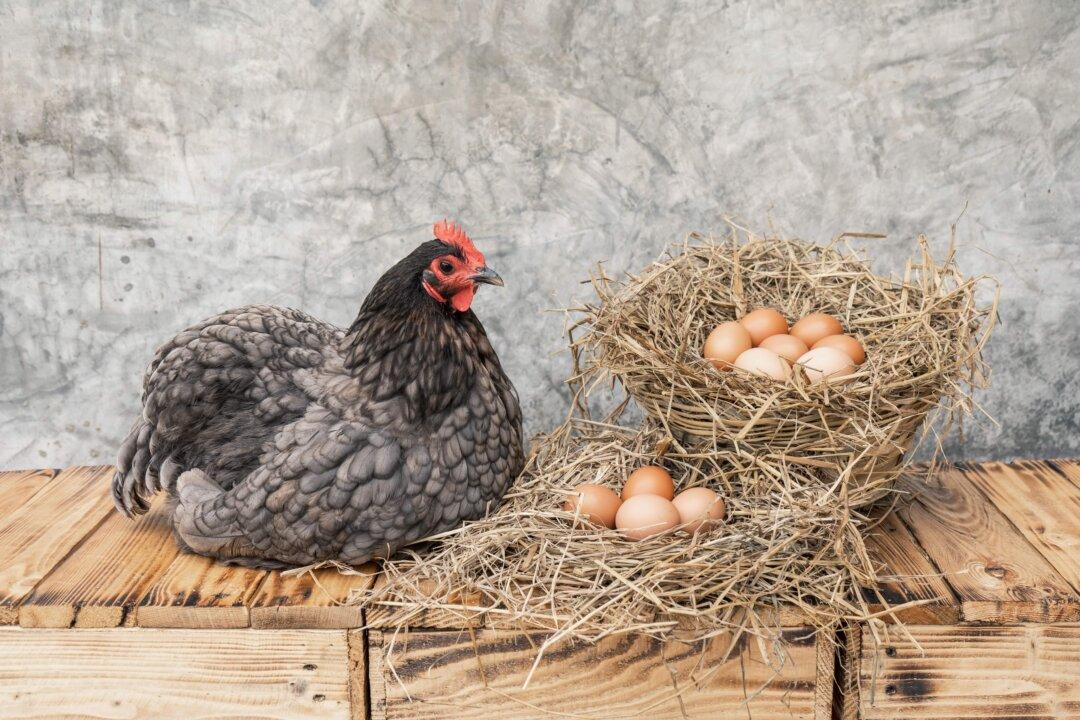Bird flu has been discovered in backyard chickens at a residential property in the Australian Capital Territory (ACT).
This is the second case of high pathogenicity avian influenza in the ACT and 12th case in Australia since May.

Bird flu has been discovered in backyard chickens at a residential property in the Australian Capital Territory (ACT).
This is the second case of high pathogenicity avian influenza in the ACT and 12th case in Australia since May.